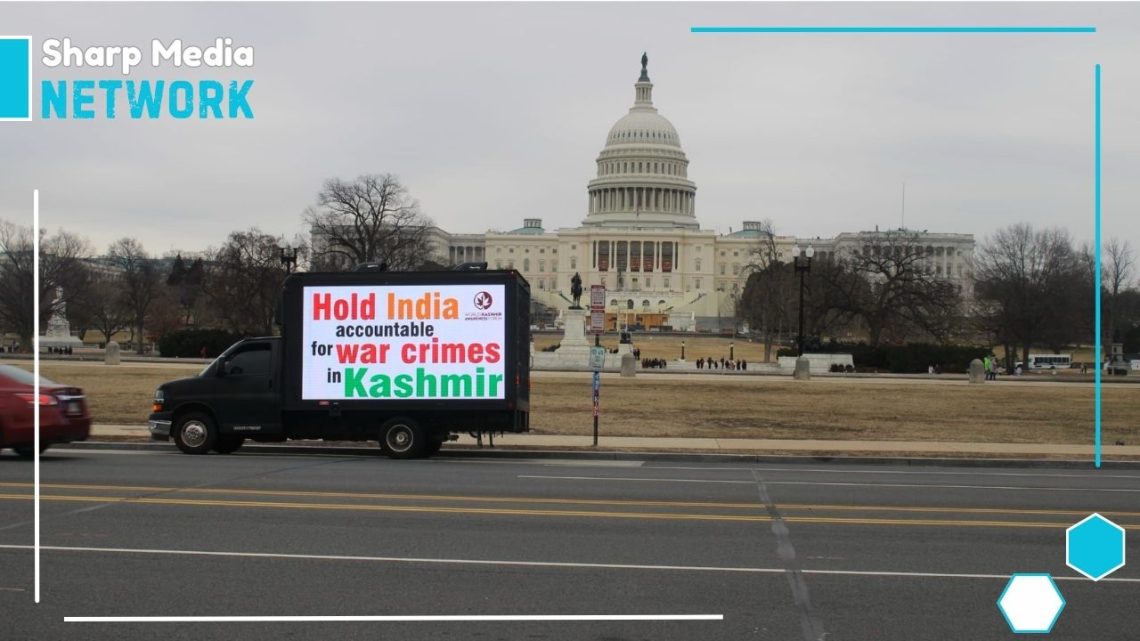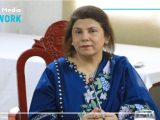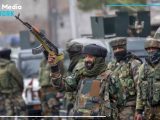
The Digital Advocacy for Kashmir’s Right to Self-Determination in Washington
February 6, 2025How a simple message on a mobile billboard ignite international awareness about a decades-long conflict?
The World Kashmir Awareness Forum (WKAF), a Washington-based advocacy group, recently used mobile billboard trucks in Washington to spread powerful messages calling on the United Nations to uphold its pledge for the right to self-determination for Kashmiris.
The digital trucks displayed several messages, including “Indian Forces: Out of Kashmir,” “No Justice, No Peace,” and “Freedom for All: Freedom for Kashmir.” These statements aimed to highlight human rights violations and demand international attention to the Kashmir issue.
Dr. Ghulam Nabi Fai, Chairman of the World Forum for Peace & Justice, emphasized that digital advertising is an effective way to spread crucial messages. The trucks targeted key locations such as federal buildings, the Capitol Hill, and the White House, ensuring maximum exposure. This method has proven effective in grabbing public attention and engaging global policymakers.
Dr. Fai expressed gratitude towards Pakistan for its ongoing diplomatic support, highlighting the importance of basing international responses on Kashmiris’ right to self-determination and peaceful resolution. He also called on the UN to appoint a special envoy to address the Kashmir issue and facilitate peace talks between India and Pakistan.
Dr. Imtiaz Khan, a Kashmiri-American scholar, noted that the Day of Solidarity with Kashmir serves to raise awareness about human rights abuses and the need for a peaceful solution that respects the Kashmiri people’s wishes. The event provides a platform for activists, political leaders, and human rights organizations to call for an end to military violence and promote dialogue.
Ali Shahnawaz Khan, Director of the Scandinavian Kashmir Council, argued that had Kashmiris supported joining India, the dispute would have been resolved long ago. He emphasized that it’s time for the Kashmiri people to decide their future, free from external interference.
Sardar Zarif Khan, an advisor to the President of Azad Kashmir, warned that the Kashmir dispute, with both India and Pakistan being nuclear-armed, poses a significant global threat. He called for urgent efforts to prevent a potential catastrophe and ensure a peaceful resolution.
Sardar Shoaib Irshad, General Secretary of the Kashmir American Welfare Association (KAWA), stressed the importance of diaspora communities in educating the world about ongoing atrocities in Kashmir. He highlighted the need for global solidarity in supporting Kashmir’s struggle for freedom.
Sardar Zubair Khan, a prominent KAWA leader, demanded the release of political prisoners and the repeal of discriminatory laws, including the controversial Domicile Law. He emphasized that suppressing freedom of opinion fuels extremism.
Finally, Raja Liaqat Kiyani, President of Kashmir House Washington, dismissed the possibility of resolving the Kashmir conflict through bilateral talks between India and Pakistan. He stated that the leadership of Kashmiris must be included in any negotiations for a lasting resolution.

